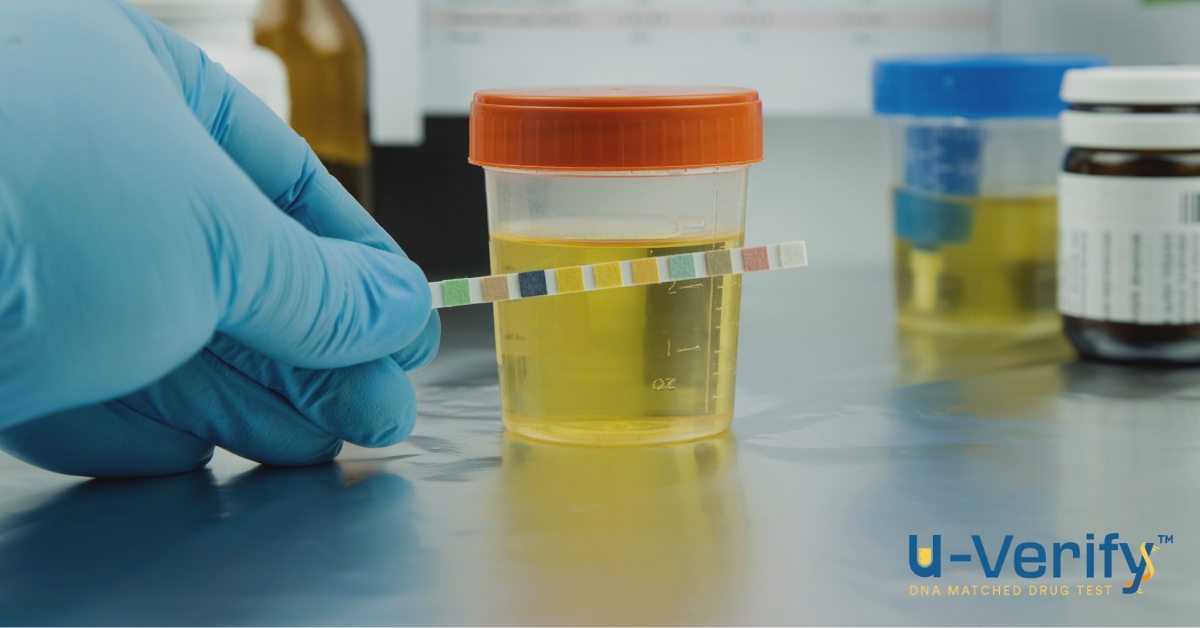In the sensitive realms of addiction recovery, family law, and child protective services, every interaction carries immense weight. For individuals navigating substance use disorder (SUD), particularly those with a history of trauma, seemingly routine procedures like drug testing can inadvertently trigger secondary trauma, undermine trust, and even impede the very progress they seek. This is where the concept of trauma-informed drug testing becomes not just a compassionate ideal, but a critical best practice.
That’s why understanding and implementing trauma-informed principles in drug testing is paramount. It shifts the focus from "We caught you!" to "We care for you!", recognizing that effective care must address the pervasive impact of past experiences.
Trauma and Addiction
The link between trauma and addiction is undeniable and widespread. Research indicates that around 75% of individuals struggling with SUD have a history of trauma, often stemming from adverse childhood experiences (ACEs), abuse, neglect, or other deeply distressing events. For many, substance use becomes a maladaptive coping mechanism, a way to self-medicate emotional pain, anxiety, or hypervigilance.
When individuals with such histories encounter traditional drug testing, several aspects can be profoundly re-traumatizing. Being compelled to provide a urine sample, especially under direct human observation, can evoke feelings of powerlessness reminiscent of past traumatic experiences where their autonomy was violated.
The act of human observation, or even the feeling of being "watched" or scrutinized, can trigger a deep sense of shame, vulnerability, and exposure. The process itself, if not handled with care, can reinforce feelings of being inherently "bad" or untrustworthy, further isolating individuals struggling with addiction.
Procedures that do not prioritize dignity can lead to feelings of humiliation, eroding self-worth, which can lead to increased anxiety, resistance, dishonesty, or even disengagement from essential treatment or legal processes, ultimately hindering progress and perpetuating the cycle of dysfunction.
The Principles of Trauma-Informed Care in Drug Testing
A trauma-informed approach to drug testing is built upon core principles that aim to prevent re-traumatization and foster an environment conducive to healing. Drawing from the US Substance Abuse and Mental Health Services Administration (SAMHSA)'s guiding principles, these include safety, transparency, support, collaboration, and empowerment.
Ensure physical and psychological safety for the individual throughout the testing process. This means creating an environment where they feel secure and free from judgment or threat. This involves clear communication about procedures, who will see the results, and what the purpose of the test is, reducing uncertainty, which can be a significant trigger for those with trauma histories.
Build trust through clear, consistent, and honest communication about the testing process, its purpose, and how results will be used. This addresses the common mistrust often developed by trauma survivors who may have experienced deception or unreliability. Every step should be explained in advance, ensuring no surprises.
Engage the individual in shared decision-making where possible, giving them a voice, and avoiding an authoritarian or top-down approach. This means involving them in discussions about testing processes (within programmatic limits), explaining choices, and ensuring their input is considered, reinforcing their autonomy.
Maximize the individual's sense of control over the process, even in small ways, to counter the powerlessness often felt in traumatic experiences. Providing options, explaining the rationale behind procedures, and validating their feelings throughout the process can significantly empower them.
Recognize and address how cultural background, historical oppression, or gender identity may influence an individual's experience of trauma and their response to testing. This requires sensitivity to diverse lived experiences, avoiding stereotypes, and ensuring that testing protocols are adaptable and respectful across various demographics.
Why This Matters
Implementing trauma-informed drug testing is not just an act of empathy; it's a strategic decision that yields tangible benefits for everyone involved. It means that clients will be more likely to engage and remain in treatment when they feel respected, safe, and empowered, which directly improves therapeutic outcomes. This approach also strengthens the bond between a professional and their client, and it can make the clients feel more honest about their struggles and more willing to genuinely engage in the recovery process.
The Embodiment of Trauma-Informed Drug Testing
The importance of trauma-informed drug testing cannot be overstated. It recognizes the profound impact of past experiences on an individual's present behavior and emotional well-being, particularly within the complex context of addiction. U-VERIFY™ is uniquely positioned to deliver drug testing that inherently aligns with the principles of trauma-informed care, setting a new standard for responsible and respectful monitoring.
U-VERIFY™ replaces traditional human-observed urine collection. Eliminating the invasive and unpleasant human-observed collection provides agencies with a trauma-informed approach to testing, ensuring a private, safe, and controlled environment for the individual.
U-VERIFY™ utilizes forensic DNA-verification technology to irrefutably match the urine sample to the individual. This built-in integrity eliminates any ambiguity or doubt regarding sample authenticity. For individuals who have experienced betrayal, gaslighting, or mistrust, this scientific objectiveness is invaluable; it removes grounds for suspicion and argument, fostering trust in the process.
The entire U-VERIFY™ testing process is designed to uphold the dignity of the individual. From the discreet packaging, the trauma-informed collection process, and convenient shipping to the lab, every step eliminates the shame and dehumanization often associated with traditional drug testing methods.
The Future of Trauma-Informed Care
U-VERIFY™ stands at the forefront of this critical paradigm shift. By providing a solution that combines unparalleled forensic integrity with a deeply human, trauma-informed approach, U-VERIFY™ empowers professionals and families to support individuals on their path to recovery with the respect, privacy, and control they deserve. It's not just about getting a result; it's about fostering an environment where genuine, lasting healing for all involved can truly begin.

